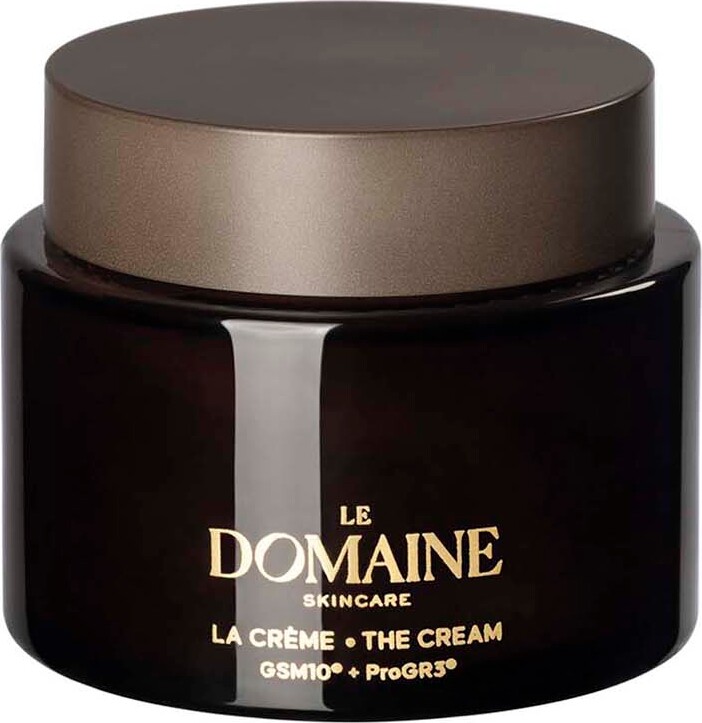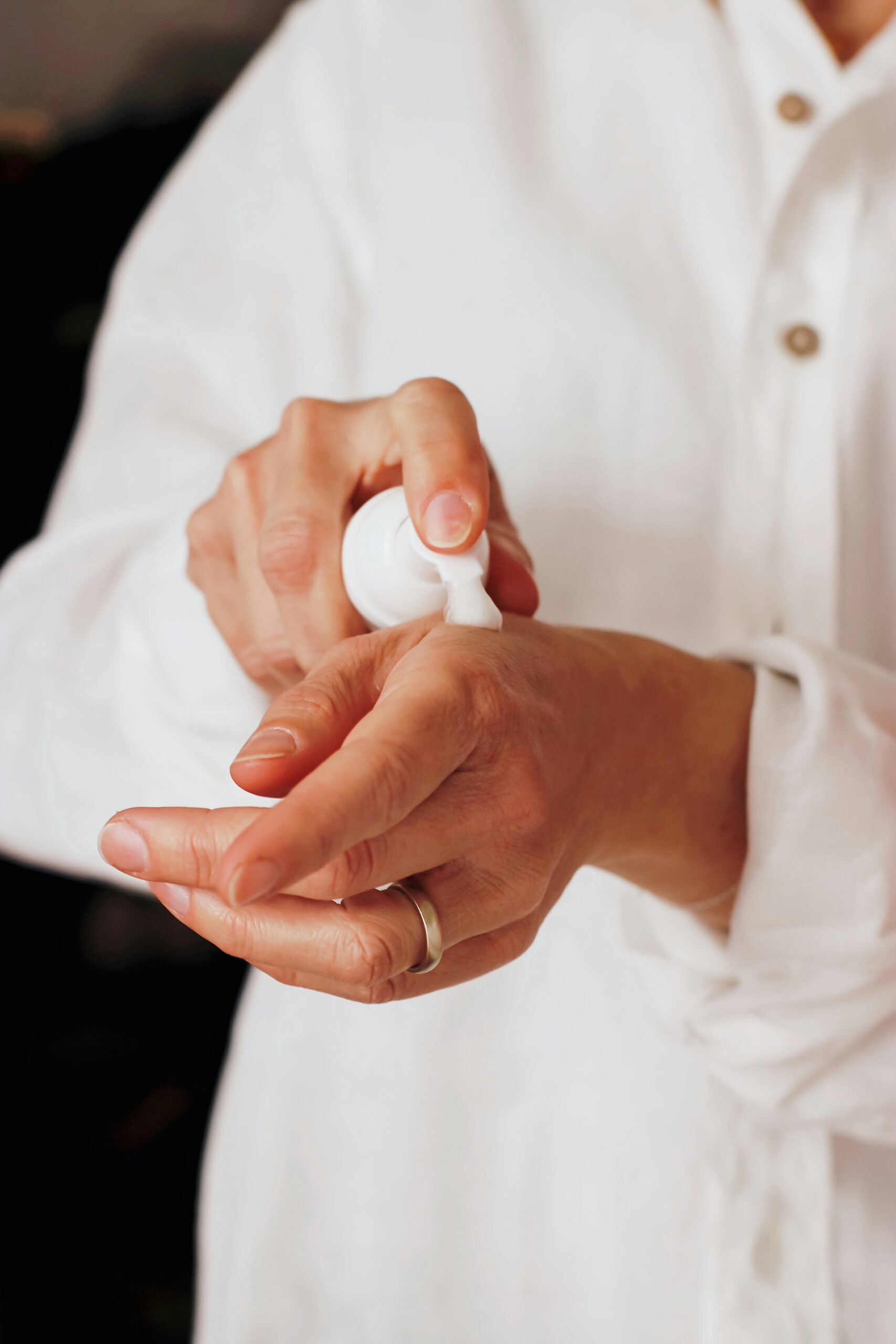Aging is a natural and beautiful process, and with it comes changes in our skin. As we grow older, our skin reflects our life experiences-laugh lines from countless smiles, sunspots from days spent outdoors, and the subtle loss of elasticity that signifies the passage of time. Understanding the unique needs of mature skin is essential for maintaining its health and vitality.
Science Behind Aging Skin
As we age, our skin undergoes several changes that affect its appearance, texture, and resilience. Understanding these changes can help you choose the right skincare routine and products to keep your skin looking and feeling its best.
Decreased Collagen Production:
Collagen is a protein that provides structure and elasticity to the skin. In our younger years, collagen production is high, giving our skin a firm, plump appearance. However, as we age, collagen production naturally declines, leading to sagging skin, fine lines, and wrinkles.
Loss of Elasticity:
Along with collagen, elastin fibers in the skin decrease with age. Elastin is responsible for the skin’s ability to bounce back after stretching. As elastin levels drop, the skin becomes less resilient, leading to wrinkles and sagging.
Thinning of the Skin:
The outermost layer of the skin, the epidermis, becomes thinner with age. This thinning can make the skin more fragile and prone to damage. Additionally, the fat layer beneath the skin diminishes, resulting in less natural padding, which can accentuate the appearance of fine lines and wrinkles.
Reduced Oil Production:
Sebum, the skin’s natural oil, decreases as we age, leading to dryness. While this can mean fewer breakouts, it also means the skin may feel less hydrated and more prone to flakiness and irritation.
Decreased Cell Turnover:
In younger skin, cells renew quickly, giving the skin a fresh, radiant appearance. As we age, cell turnover slows down, leading to a buildup of dead skin cells on the surface. This can make the skin look dull and uneven.
Changes in Pigmentation:
Over time, exposure to the sun’s ultraviolet (UV) rays can lead to changes in skin pigmentation, such as age spots or hyperpigmentation. The skin’s ability to repair itself from UV damage also decreases with age, making it more susceptible to discoloration.
Common Skin Concerns for Mature Skin
Mature skin is often characterized by a few key concerns that differ from those in younger skin. Addressing these issues requires a targeted approach that focuses on hydration, nourishment, and protection.
Wrinkles and Fine Lines
Wrinkles and fine lines are the most visible signs of aging. They occur due to a combination of factors, including decreased collagen and elastin, repetitive facial expressions, and sun exposure. While wrinkles are a natural part of aging, there are ways to minimize their appearance and keep the skin looking youthful.
Tips for Reducing Wrinkles:
Use Retinoids: Retinoids are derived from vitamin A and are known for their ability to stimulate collagen production and increase cell turnover. Over-the-counter retinol or prescription-strength retinoids can help reduce the appearance of fine lines and wrinkles.
Moisturize Regularly: Keeping the skin hydrated helps plump up the skin and reduce the appearance of wrinkles. Look for moisturizers with ingredients like hyaluronic acid, which attracts and retains moisture in the skin.
Protect from Sun Damage: UV rays accelerate the aging process by breaking down collagen and elastin in the skin. Wearing sunscreen daily and avoiding excessive sun exposure can help prevent further damage.
Dryness and Dehydration
As oil production decreases with age, mature skin is more prone to dryness and dehydration. This can lead to a rough texture, flakiness, and a dull complexion.
Tips for Hydrating Mature Skin:
Use a Hydrating Cleanser: Choose a gentle, hydrating cleanser that doesn’t strip the skin of its natural oils. Creamy or oil-based cleansers are ideal for mature skin.
Incorporate a Serum: Hydrating serums containing hyaluronic acid or glycerin can provide an extra layer of moisture. Apply a serum before your moisturizer to help lock in hydration.
Seal in Moisture: Use a rich, emollient moisturizer to seal in moisture and create a protective barrier on the skin. Look for products with ingredients like shea butter, ceramides, and squalane.
Loss of Firmness and Elasticity
The loss of collagen and elastin leads to sagging skin and a less defined facial contour. Areas like the cheeks, jawline, and neck are particularly prone to sagging as we age.
Tips for Firming Mature Skin:
Incorporate Peptides: Peptides are short chains of amino acids that help stimulate collagen production and improve skin elasticity. Look for serums or creams that contain peptides to help firm and tighten the skin.
Consider Firming Treatments: Non-invasive treatments like radiofrequency, microcurrent, or ultrasound can help stimulate collagen production and improve skin firmness. Consult with a dermatologist or skincare professional to determine the best option for you.
Facial Massage: Regular facial massage can help improve circulation, promote lymphatic drainage, and stimulate collagen production, leading to firmer, more lifted skin.
Hyperpigmentation and Age Spots
Hyperpigmentation and age spots are common in mature skin, often due to cumulative sun exposure over the years. These dark spots can appear on the face, hands, and other areas frequently exposed to the sun.
Tips for Managing Hyperpigmentation:
Use Brightening Ingredients: Ingredients like vitamin C, niacinamide, and licorice root extract can help brighten the skin and reduce the appearance of dark spots. Incorporate a brightening serum into your daily routine.
Exfoliate Regularly: Gentle exfoliation helps remove dead skin cells and can improve the appearance of hyperpigmentation. Consider using a chemical exfoliant like alpha hydroxy acids (AHAs) or beta hydroxy acids (BHAs) to promote cell turnover.
Sun Protection: Prevent further pigmentation by wearing sunscreen with at least SPF 30 every day. Reapply throughout the day, especially if you’re spending time outdoors.
Sensitivity and Redness
Mature skin can become more sensitive over time, leading to redness, irritation, and a weakened skin barrier. This is often due to a combination of environmental factors and the natural thinning of the skin.
Tips for Soothing Sensitive Skin:
Choose Gentle Products: opt for skincare products that are free of fragrances, alcohol, and harsh chemicals. Look for formulations designed for sensitive skin, which are typically more soothing and less likely to cause irritation.
Incorporate Soothing Ingredients: Ingredients like aloe vera, chamomile, and centella asiatica have anti-inflammatory properties that can help calm redness and irritation.
Strengthen the Skin Barrier: Use products containing ceramides, niacinamide, or fatty acids to strengthen the skin’s barrier and reduce sensitivity.
Building an Effective Skincare Routine for Mature Skin
Creating a skincare routine tailored to mature skin involves selecting products that address your specific concerns while providing hydration, nourishment, and protection. Here’s a step-by-step guide to building an effective routine:
Best Cleansers for Mature Skin:
Cream Cleansers: Cream cleansers are gentle and hydrating, making them ideal for dry or sensitive skin. They cleanse without stripping the skin of its natural oils, leaving it soft and supple.
Oil Cleansers: Oil-based cleansers effectively dissolve makeup and impurities while providing hydration. They’re especially beneficial for dry or mature skin that needs extra moisture.
Product Recommendations:
Algenist Gentle Rejuvenating Cleanser
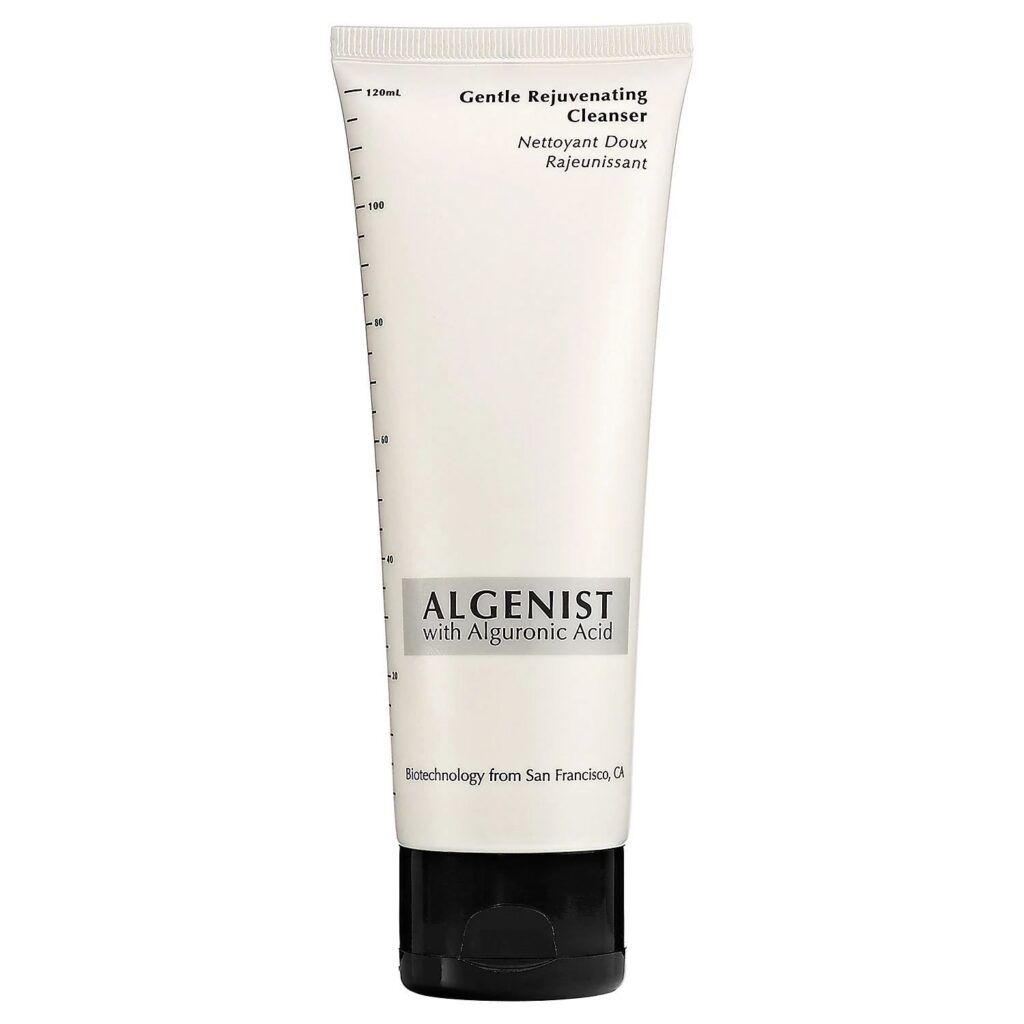
DHC Deep Cleansing Oil
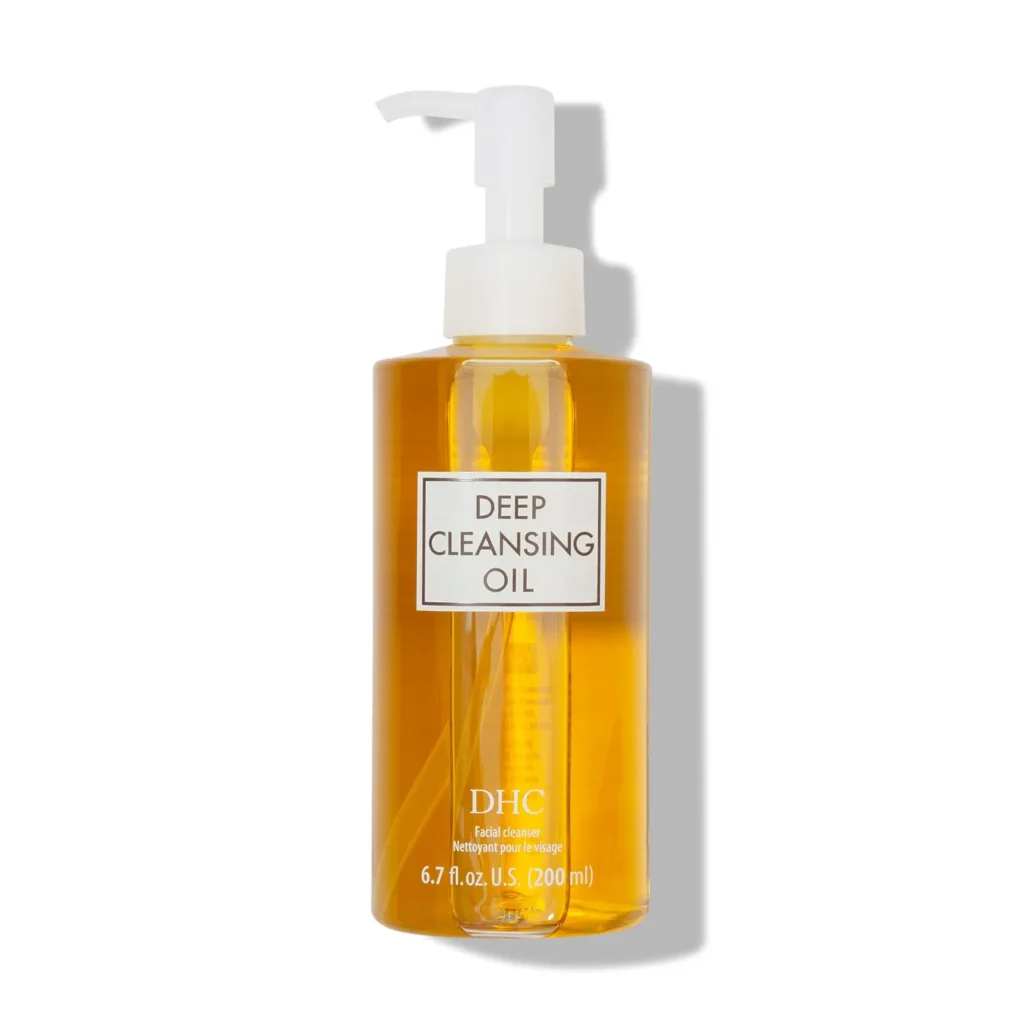
Moisturizing
Moisturizing is essential for keeping mature skin hydrated and protected. Choose a moisturizer that addresses your skin’s specific needs, whether it’s dryness, lack of firmness, or sensitivity.
Best Moisturizers for Mature Skin:
Rich Creams: Rich, emollient creams provide intense hydration and create a protective barrier on the skin. They’re ideal for dry or very dry skin.
Firming Moisturizers: Firming moisturizers contain ingredients like peptides or collagen to help improve skin elasticity and firmness.
Skinceuticals Triple Lipid Restore
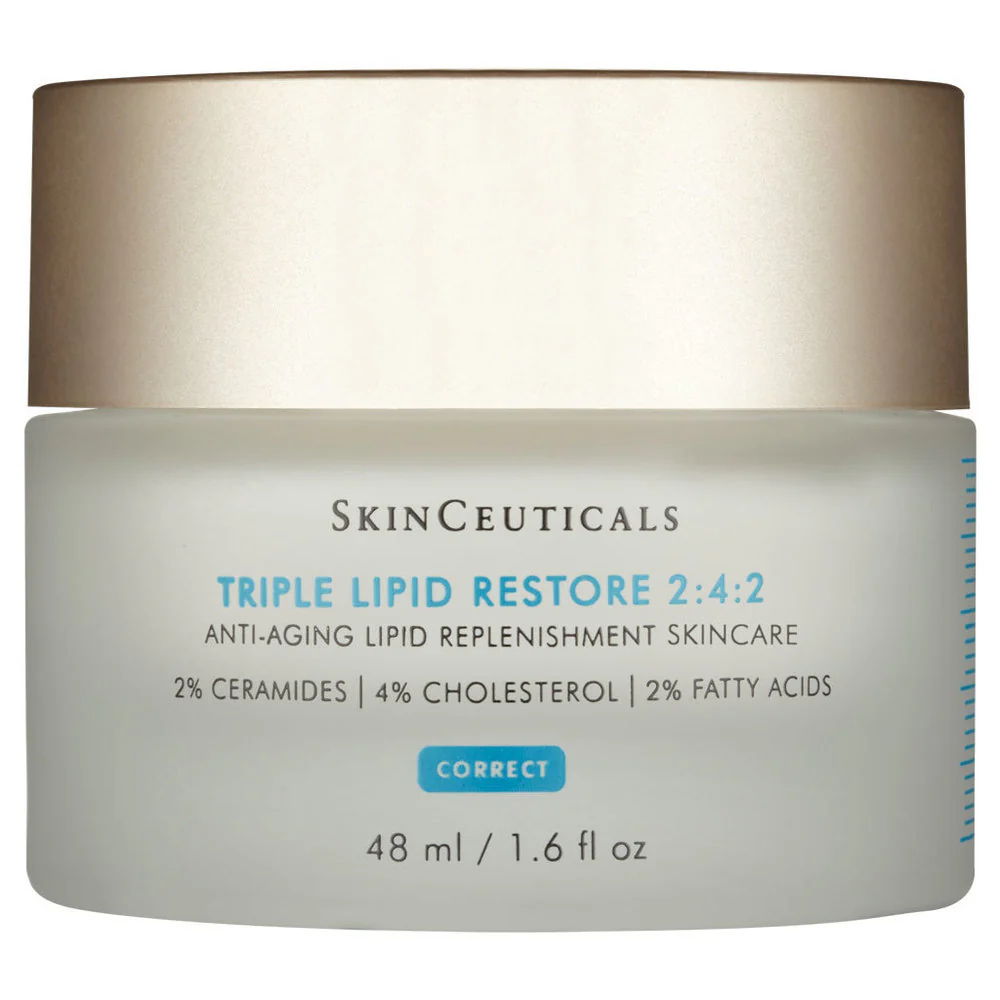
Le Domaine The Cream
